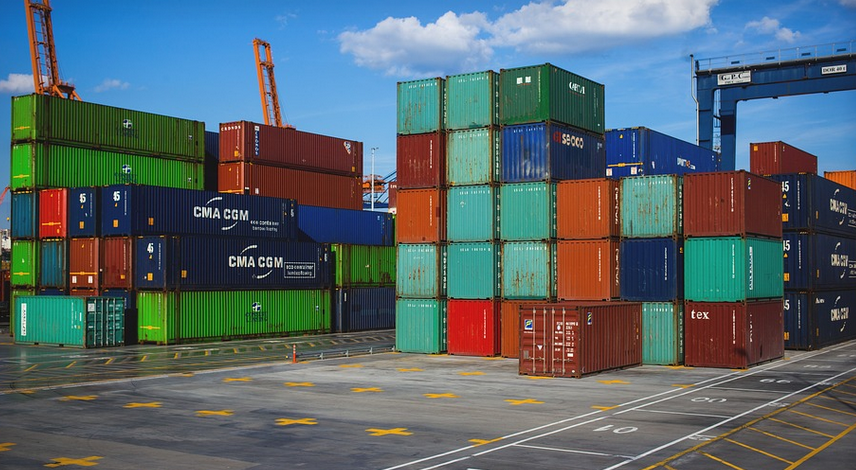
Solid Rubber Skid Steer Tires: A Deep Dive Into Durability And Performance
What are Skid Steer Tires, Anyway?
Skid steers, those powerful little workhorses of the construction world, rely on their tires for everything from hauling heavy loads to navigating uneven terrain. But just like any important part of a machine, your skid steer’s tires impact its overall performance and longevity. Enter solid rubber skid steer tires.
These tire contenders are more than just a simple replacement; they’re about maximizing durability and efficiency in even the toughest working conditions. Let’s dive into what makes them so special.
The Anatomy of Solid Rubber Skids Steer Tires
Understanding how solid rubber skid steer tires work requires diving into their construction. Like any great machine, these tires are built to handle pressure and impact with precision.
**A foundation of strength:** Their most striking feature is the robust construction. Unlike conventional tires that can be filled with air for support, solid rubber ones rely on the inherent strength of the material. These tires are essentially a dense dome-shaped structure made from high-grade rubber compounds and reinforced layers.
**Reinforcement at its core:** The secret to their longevity lies in their layering. The tire’s inner core is fortified with steel cords, providing incredible tensile strength. This allows for increased load capacity while maintaining stability on rough terrains.
**Built to last:** Solid rubber skid steer tires are often designed with a “tread pattern” that adds further protection and longevity. A good tread pattern enhances grip and reduces wear and tear on the tire’s surface.
**Flexibility is key:** The material isn’t just strong; it’s also flexible. Solid rubber skid steer tires can easily bend and flex to navigate sharp corners, uneven surfaces, and obstacles.
Why Choose Solid Rubber Skids Steer Tires?
Moving from conventional tires to solid rubber ones brings a host of advantages that translate into more efficiency and productivity for your skid steer.
**Uncompromising Durability:** These tough tires can withstand extreme impacts and heavy loads. They’re built for the long haul, making them an ideal choice for demanding work environments.
**Fuel Efficiency:** With their exceptional grip on various surfaces, solid rubber tires help minimize slippage and unnecessary energy consumption. This translates to better fuel efficiency, saving you money in the long run.
**Reduced Wear and Tear:** The more predictable and stable ride provided by solid rubber skid steer tires also reduces wear and tear on both the machine itself and the surrounding environment.
**Enhanced Performance:** Solid rubber tires offer superior traction, especially on soft or uneven ground, allowing your skid steer to navigate through challenging environments with increased control.
**Noise Reduction:** These durable tires significantly reduce noise levels compared to conventional rubber or pneumatic options. This translates to a quieter and more pleasant working environment for you and your crew.
The Downside and Benefits of Solid Rubber Tires
Before we delve into the advantages, it’s crucial to acknowledge there are drawbacks to consider.
**The cost factor:** One major consideration is the upfront cost of solid rubber tires compared to conventional options. These can run significantly higher in initial price; however, their durability often pays off over time.
**Maintenance: ** While solid rubber tires require less maintenance than air-filled tires, they do need to be inspected and properly maintained regularly.
**Limited availability:** Certain models of skid steers might not offer solid rubber tires as a readily available option.
**However, the benefits far outweigh the drawbacks.** Solid rubber skids are known for their versatility, reliability, and significant impact on overall performance. In many cases, they can save money and increase productivity in the long run.
The Future of Skid Steer Tires: Towards Sustainable Solutions
As with various industries, the focus is shifting towards sustainability and environmentally conscious practices. For skid steer tires specifically, this means exploring future innovations.
**Alternative materials:** Researchers are looking into utilizing bio-based or recycled rubber in tire construction to reduce environmental impact.
**Sustainability efforts:** There’s a growing interest in incorporating sustainable manufacturing processes to minimize the environmental footprint of these tires.
The future of skid steer tires promises exciting advancements. From innovations in material science to sustainable production methods, we are on the cusp of exciting new developments in this field.